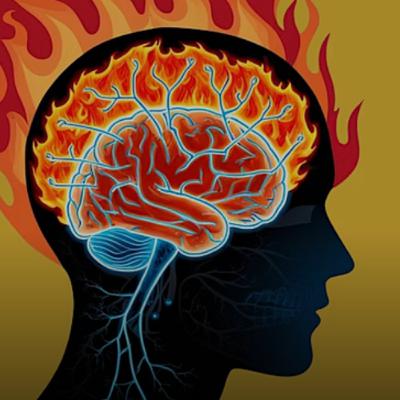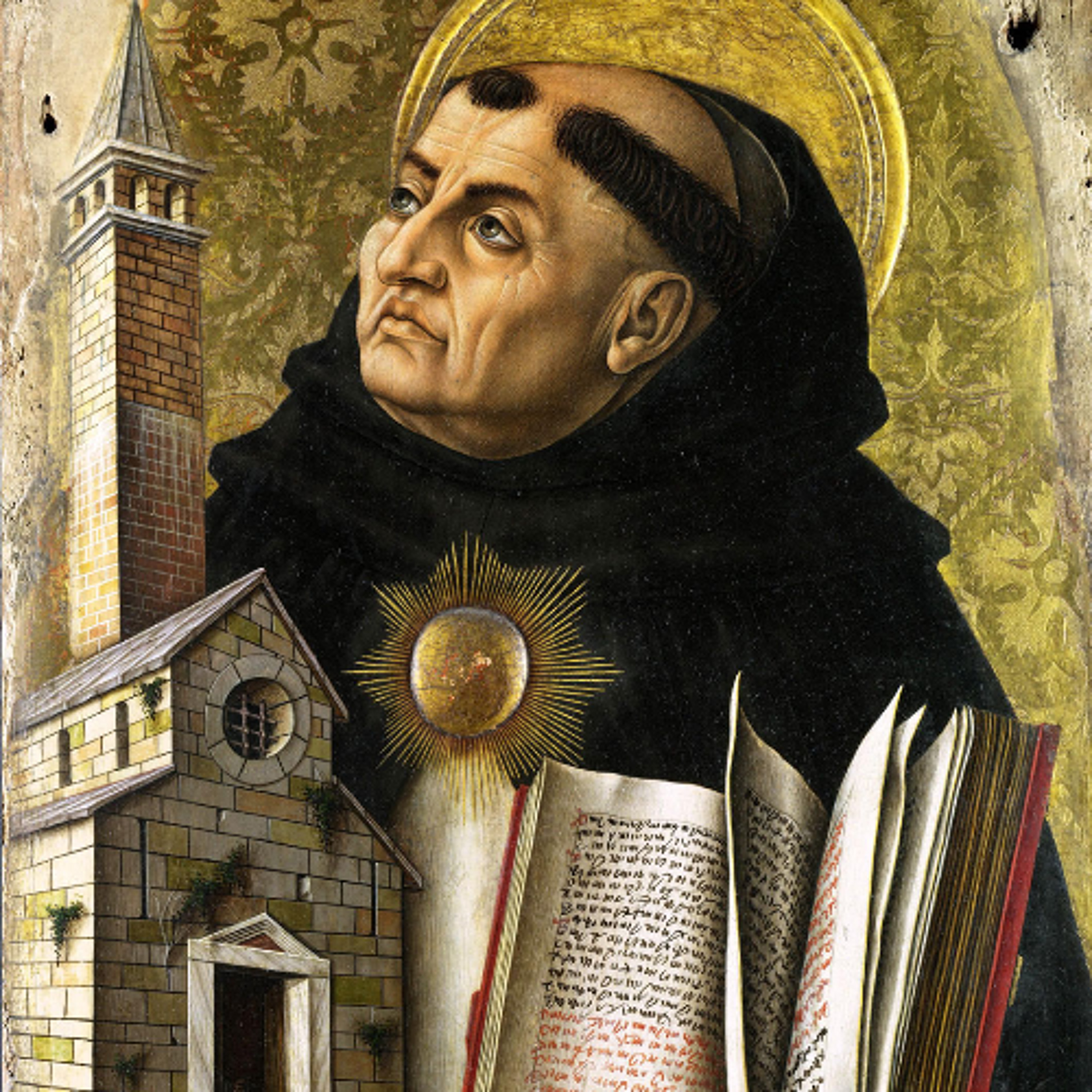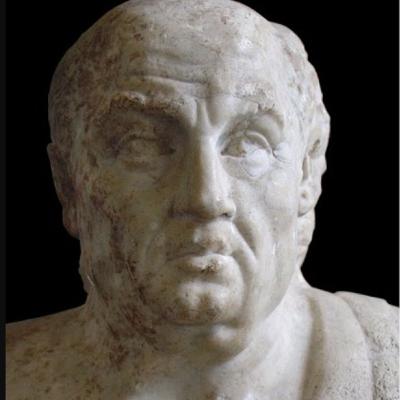Early Christian Thinkers On Anger - Sadler's Lectures
Update: 2025-11-18
Description
This is my relatively short talk given during the 2025 Plato's Academy multidisciplinary conference: The Philosophy and Psychology of Anger, during which I discuss some of the useful insights and practices early Christian thinkers (2nd-5th Century CE) can provide us. These don't require one to be committed to Christianity and can be applied by a wide range of people.
I begin with a passage from Pierre Hadot's book Philosophy As A Way Of Life: "[Christians] believed they recognized spiritual exercises, which they had learned through philosophy, in specific scriptural passages . . . The reason why Christian authors paid attention to these particular biblical passages, was that they were already familiar, from other sources, with the spiritual exercises of prosokhē, meditation on death, and examination of the conscience.”
What Hadot calls “spiritual exercises” gets called by a variety of other terms by other thinkers. Foucault’s "technologies of the self", Nussbaum’s "therapeutic arguments", as well as the more general "philosophical practices" many of us reference in our work and study.
What we can say about these early Christian thinkers is that many had a philosophical education, had opportunities to engage with pagan philosophical schools, some of which had pretty strong religious stances, with precursor and contemporary Jewish thought, and with a variety of other disciplines like rhetoric, medicine, literature, political theory, law, history, music, etc. There was already a strong interest in issues about anger already raised and debated in ancient philosophy including: vicious anger, can anger have useful role, dangers of indulging or excusing anger, anger and courage or justice, types or levels of anger, divine anger. Early Christian thinkers rely upon or incorporating broadly Platonic psychology, and ethical conceptions drawn from Platonist, Stoic, and Aristotelian schools, but within a framework Christianity provides.
The thinkers I reference and discuss in this presentation include:
2nd-4th Century CE: Clement of Alexandria 150 – c. 215 AD, Tertullian 155 – c. 220, Origen 185 – c. 253, Lactantius 250 – c. 325
4th 5th century CE: Basil of Caesarea 330 – 379, Gregory of Nyssa 335, Evagrius Ponticus 345–399 AD, John Chrysostom 347-407, Ambrose 339-397, Jerome 342–347-420, Prudentius 348-413?, John Cassian 360 – 435, Augustine of Hippo 354-430
Some of the key scriptural passages they tend to engage most heavily with include:
A number of discussions of anger in Pre-Christian Jewish scriptures, particularly in the Psalms, Proverbs, and Sirach
The Sermon on the Mount in Matthew 5, Paul’s Letter To Ephesians, and the Letter of James
There is a stress on identifying and dealing with vices that involve anger, but also on developing virtues of Patience, Humility, Mercy, and Forgiveness. They also adopt, develop, and discuss a number of useful practices for lessening, understanding, or dealing with anger.
I begin with a passage from Pierre Hadot's book Philosophy As A Way Of Life: "[Christians] believed they recognized spiritual exercises, which they had learned through philosophy, in specific scriptural passages . . . The reason why Christian authors paid attention to these particular biblical passages, was that they were already familiar, from other sources, with the spiritual exercises of prosokhē, meditation on death, and examination of the conscience.”
What Hadot calls “spiritual exercises” gets called by a variety of other terms by other thinkers. Foucault’s "technologies of the self", Nussbaum’s "therapeutic arguments", as well as the more general "philosophical practices" many of us reference in our work and study.
What we can say about these early Christian thinkers is that many had a philosophical education, had opportunities to engage with pagan philosophical schools, some of which had pretty strong religious stances, with precursor and contemporary Jewish thought, and with a variety of other disciplines like rhetoric, medicine, literature, political theory, law, history, music, etc. There was already a strong interest in issues about anger already raised and debated in ancient philosophy including: vicious anger, can anger have useful role, dangers of indulging or excusing anger, anger and courage or justice, types or levels of anger, divine anger. Early Christian thinkers rely upon or incorporating broadly Platonic psychology, and ethical conceptions drawn from Platonist, Stoic, and Aristotelian schools, but within a framework Christianity provides.
The thinkers I reference and discuss in this presentation include:
2nd-4th Century CE: Clement of Alexandria 150 – c. 215 AD, Tertullian 155 – c. 220, Origen 185 – c. 253, Lactantius 250 – c. 325
4th 5th century CE: Basil of Caesarea 330 – 379, Gregory of Nyssa 335, Evagrius Ponticus 345–399 AD, John Chrysostom 347-407, Ambrose 339-397, Jerome 342–347-420, Prudentius 348-413?, John Cassian 360 – 435, Augustine of Hippo 354-430
Some of the key scriptural passages they tend to engage most heavily with include:
A number of discussions of anger in Pre-Christian Jewish scriptures, particularly in the Psalms, Proverbs, and Sirach
The Sermon on the Mount in Matthew 5, Paul’s Letter To Ephesians, and the Letter of James
There is a stress on identifying and dealing with vices that involve anger, but also on developing virtues of Patience, Humility, Mercy, and Forgiveness. They also adopt, develop, and discuss a number of useful practices for lessening, understanding, or dealing with anger.
Comments
In Channel

















